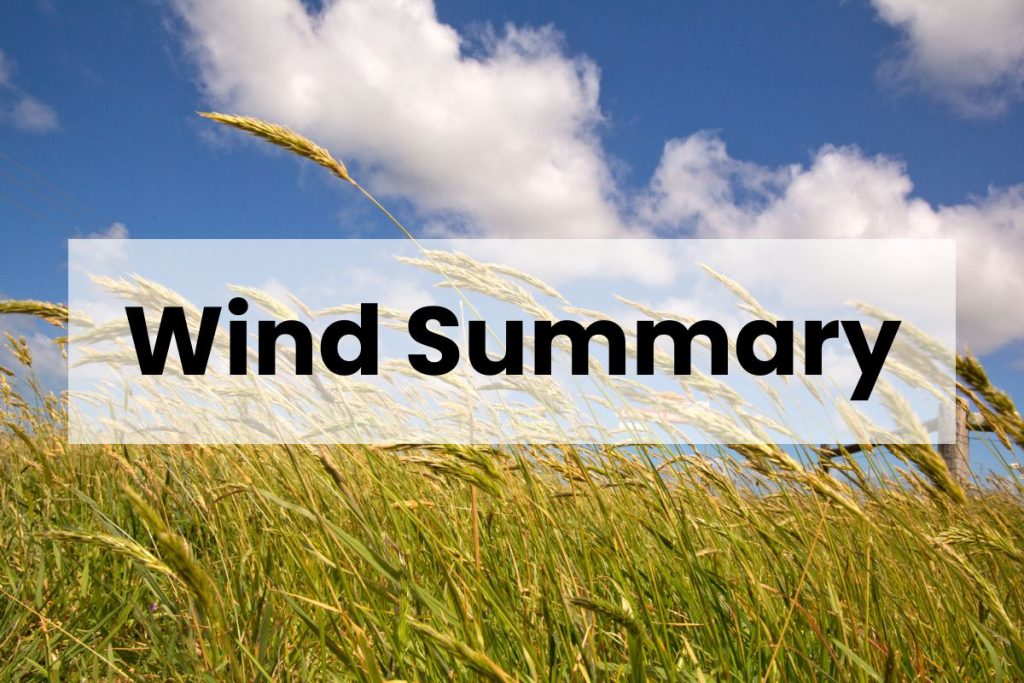Wind Summary: “Wind” is a poem by Subramania Bharati who wrote poetry as a motivational message where the title signifies problems. The poem is included in the syllabus of Class 9th of the English Subject of the Central Board of Secondary Education. The students preparing for the examination need to study the poem thoroughly in order to be able to answer questions properly.
The authorities will set the exam questions based on the events in the poem or its analysis. Thus, while preparing, it shall be very handy if you take a reference from the summary of the poem.

In the ensuing article, we have provided the poem, the theme, and a summary. Read and prepare by taking the help of the study material available subsequently.
Wind Summary
The poem, “Wind” by Subramania Bharati is a poem about positivity ad motivation pertaining to the general problems one can face in life. He refers to problems as wind and requests them to be gentle on him. Further, he calls on the “Wind Gods”. The poem collectively implies that there are many hardships that one can face. The ones who feel weak and vulnerable automatically lose to the winds while those who stand strongly, emerge victorious.
The intent of the poem is to inspire the readers to be strong against any problem to any extent. The poet wants to motivate the readers to be strong and not lose hope easily to hardships. Wind Summary is reflective of all the themes and symbolism.
Also Read: Rain On The Roof Summary Class 9 English
Wind By Subramania Bharati
Wind, come softly.
Don’t break the shutters of the windows.
Don’t scatter the papers.
Don’t throw down the books on the shelf.
There, look what you did — you threw them all down.
You tore the pages of the books.
You brought rain again.
You’re very clever at poking fun at weaklings.
Frail crumbling houses, crumbling doors, crumbling rafters,
crumbling wood, crumbling bodies, crumbling lives,
crumbling hearts —
the wind god winnows and crushes them all.
He won’t do what you tell him.
So, come, let’s build strong homes,
Let’s joint the doors firmly.
Practise to firm the body.
Make the heart steadfast.
Do this, and the wind will be friends with us.
The wind blows out weak fires.
He makes strong fires roar and flourish.
His friendship is good.
We praise him every day.
Summary of the Poem
The poem begins with the poet referring to the wind which is symbolic of “problems”. The poet requests the problem or the wind to be extremely lenient to him as it enters his life. He explains a few events such as the breakage of the shutters of the windows, scattering of the papers, and throwing of the books on the shelf. These actions are also symbolic of the extremely anxious and annoyed reactions to particular problems that the poet or other people might display. The poet describes the devastation that the problems caused in the head and even in the outside world, such as the breakage of the windows and tearing of the pages. Further, he mentions rain, which, in turn, signifies the crying and weeping that one responds to upon being hit by a crisis in life.
The poet describes that the winds are extremely clever and they totally crush the weaklings. He mentions that problems are very hard for people who are not strong enough and vulnerable. He explains, “crumbling houses, crumbling doors, crumbling rafters, crumbling wood, crumbling bodies, crumbling lives”, and “crumbling hearts”. This implies that the life of the people who stand weakly against problems gets completely crumbled or destroyed causing them to be devasted. The poet indicates that the Wind Gods which are the problem creators are extremely hard on such kinds of people. The Wind Gods or the problem creators do not respect the will or the desire of the ones facing the Wind or the problems.
Thus, as a solution, the poet suggests the readers build strong houses whose doors are firm. These houses will be able to repel the strong winds and stand unaffected as the winds approach. There will not be much damage that will be done. Here, these houses signify hearts which have to be strong and resistible to problems. He explains that if we are strong, the Wind Gods or the problem creators would rather befriend us and make sure that the friendship is good.






